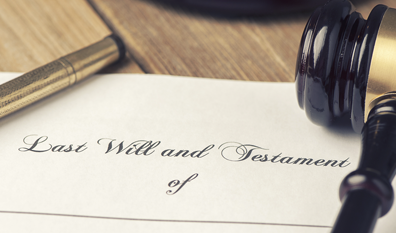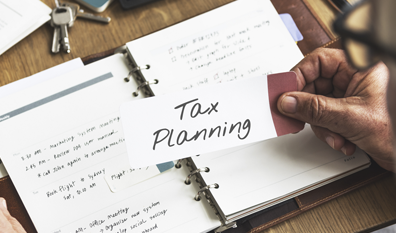What is a pension?
Put simply; a pension is a type of long-term savings plan, a pot of money you or your employer pay into as a way of saving up for when you want to retire or work less in later life. It is designed to provide you with an income in addition to the state pension and attracts a favourable tax treatment compared to other savings plans. You earn tax relief on your pension contributions at the highest rate of income tax you pay. When the time comes to enjoy your pension, there are several options available. For example, you can take out a tax-free cash sum or exchange the money for a regular income called an annuity until your death.
Types of Pensions
Pensions come in all shapes and sizes. Among the different types are:
Occupational Pension - you and/or your employer make monthly contributions to your pension pot. There are two principal categories of occupational pensions, a defined contribution pension and a defined benefit scheme. With a defined contribution pension, you and/or your employer contribute to a fund that will pay out your pension. What you will receive will depend on the amount paid in plus investment returns and tax relief. A defined benefits scheme is based on your salary and length of service and promises a specific income.
State Pension - available when you reach the state pensionable age. The full basic state pension is £168.60 per week, and it is paid into an account of your choosing every four weeks.
Stakeholder Pension - similar to an occupational pension where you pay a regular amount into a fund that will be invested in stocks and shares. They have flexible minimum monthly contributions, which can be as low as £20.00. You can also pay in lump sums whenever you want.
Self-Invested Personal Pensions (SIPP) - this is a type of personal pension plan that gives you the freedom to choose where you want to invest your payments.
Group Personal Pension - a workplace pension set up by your employer which lumps together individual pension plans, one of which will belong to you.
Taking Your Pension
Most personal pension schemes have a set age when you can draw the money. Typically, this is not before the age of 55. When you reach this age, you can take out the entire pension pot if you wish. The first 25% is tax-free. You can do what you want with the money; you are no longer obliged to purchase an annuity, although you can if you wish. One of the advantages of taking out an annuity is that it will pay you a guaranteed income for the rest of your life no matter how long you live.
Other options include taking smaller lump sums, perhaps to help fund a phased retirement or early semi-retirement. You can work and draw a pension at the same time but note your pension will be taxed as income. This extra income might also push you into a higher tax bracket.
Read less













